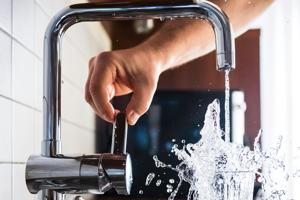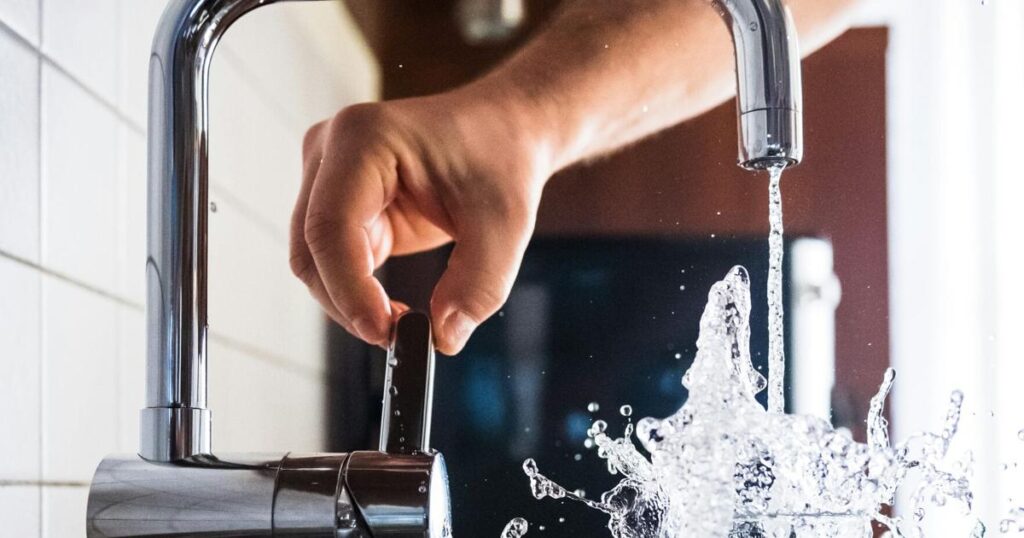
(The Center Square) – Public forums are being held around Illinois regarding rate hike requests from two water utilities.
The Illinois Commerce Commission took input from the public on American Water’s proposed $152 million rate hike request at two forums this week. Responding to a request from AARP Illinois, the ICC scheduled five public forums on proposed private water increases this year.
Jim Chilsen, communications director with the Citizens Utility Board, said they receive a lot of complaints from Illinois American Water customers.
“Who are constantly complaining about how high their bills are, and now the company wants to slap them with a $152 million rate hike that would add up to nearly $30 a month to water and wastewater customers,” said Chilsen.
Chilsen noted that Illinois American has won $120 million in additional rate hikes in less than a decade, an $85 million increase in 2022 and a $35 million hike in 2016.
Illinois American Water provides water and/or wastewater treatment to 1.3 million residents.
The president of Illinois American Water wrote in her testimony to the ICC that the company believes that reallocating a portion of wastewater revenue requirements to water customers is in the “long-term interest of our customers.”
“The other key consideration behind the company’s proposal is the need to invest in communities where investment is needed,” wrote Rebecca Losli.
Two more hearings will take place next week on Aqua Illinois’ $19.2 million rate hike request. The first will be Monday, July 29, at McHenry County College in Crystal Lake, and the second will be Thursday, Aug. 1, at Olivet Nazarene University in Bourbonnais.
Aqua Illinois serves 280,000 Illinois customers.
“AARP Illinois requested these public hearings because Illinois American and Aqua customers deserve the chance to be heard on how these significant increases would impact them,” said Phillippe Largent, state director of AARP Illinois. “Thousands of older customers, including those on fixed incomes, have written to tell us that these increases will mean they have to make tough choices between paying for water or paying for basic necessities like food and prescription drugs.”
The rate change will not be decided until later in the year, and would not take effect until early 2025.



